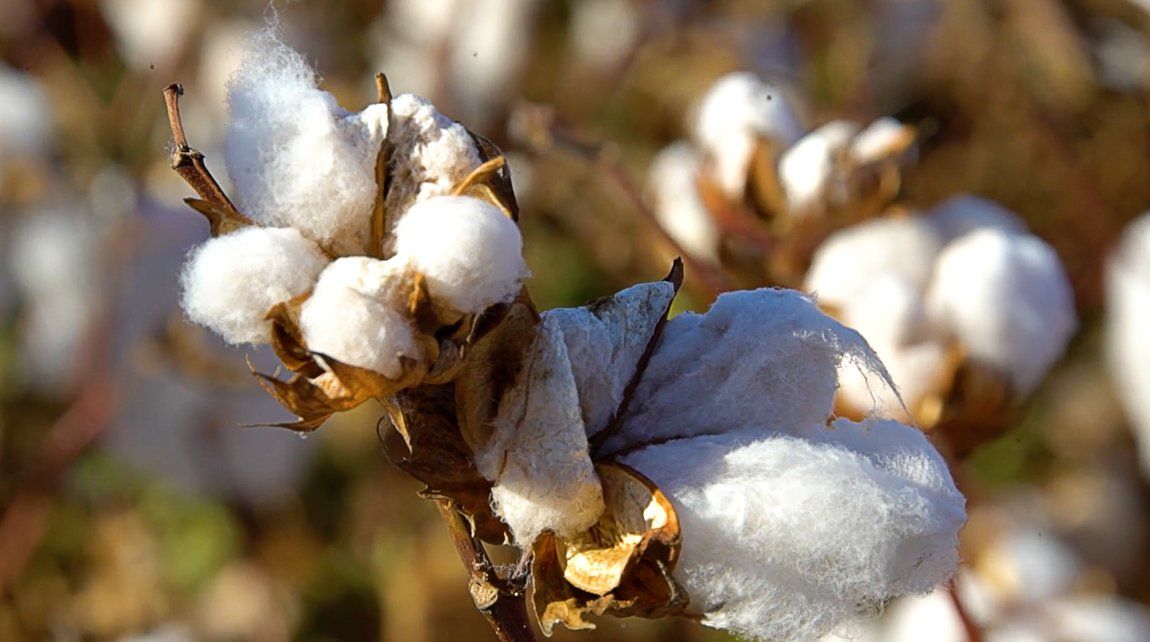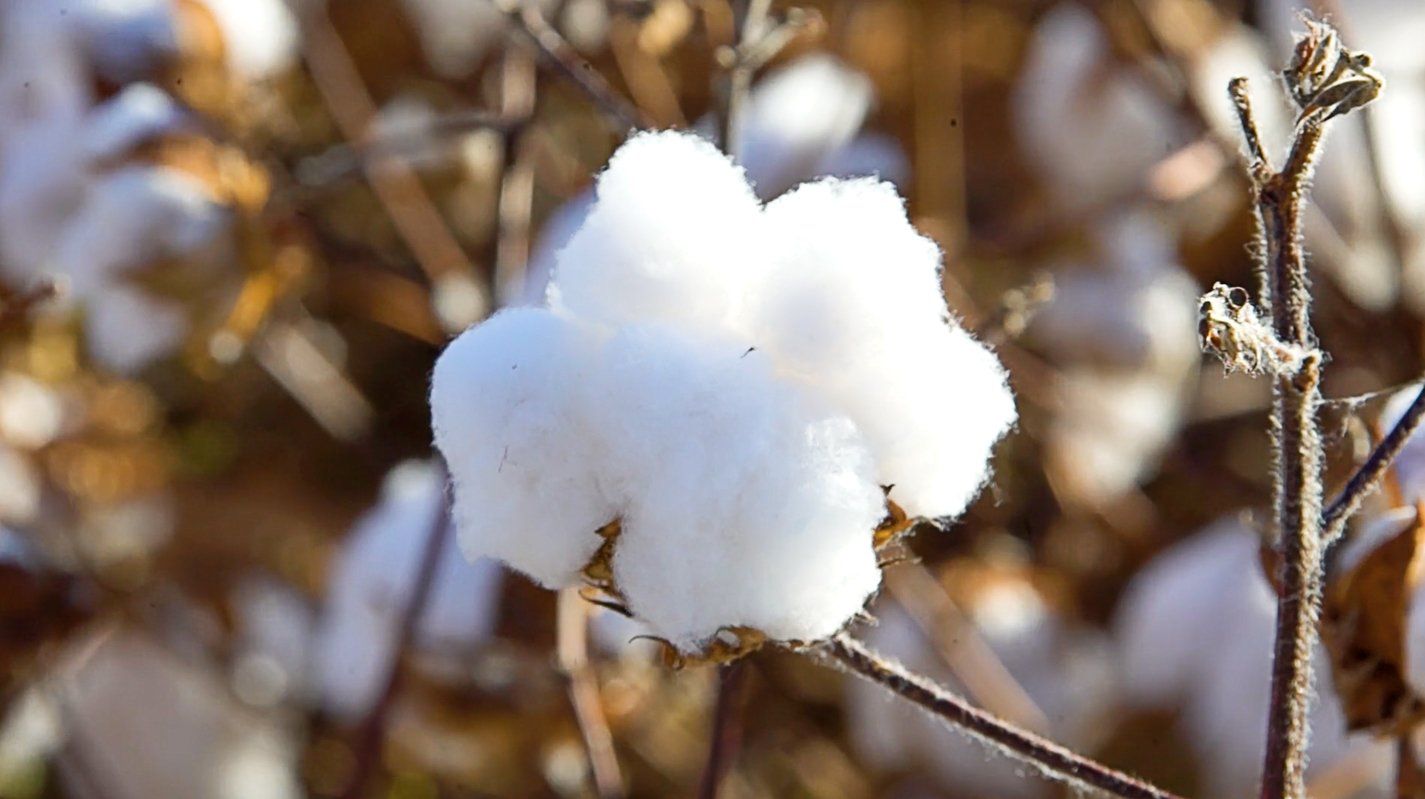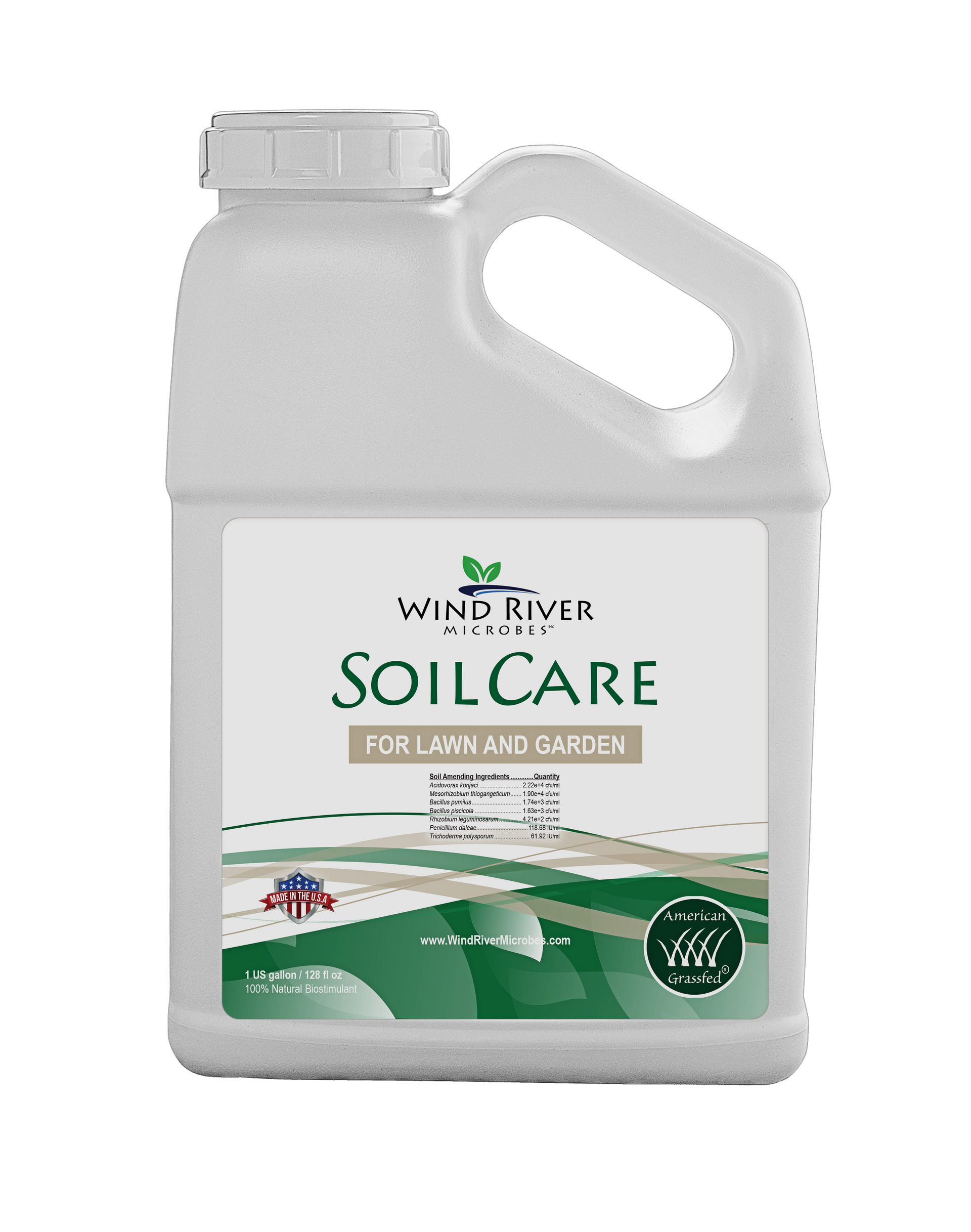Cotton Farm
"It's our duty to our grandchildren to make our world a better place."
"Soil health is key to our crops and the amount of income we get off of it."
Butler, OK / Greg Collins, Greg Collins Farms
"Wind River Microbes Cares About Historical Preservation alongside Soil Preservation."
Greg Collins is a third generation farmer that has been farming for fifty years, and the owner of Greg Collins Farms. Located in Custer County in Butler, Oklahoma, Greg primarily focuses on growing cotton fields on approximately 700 acres of land. Greg, like many other farmers, takes great pride in family values and honoring those that have come before him. We, at Wind River Microbes, also believe in historical preservation right alongside with soil preservation. Greg Collins has a rich Choctaw Indian heritage that he deeply respects, inspired by how his ancestors valued the land and the health of the environment. This is one of the many reasons that lead Greg to using Wind River Microbes SoilCare product. "The microbes from Wind River is a healthier, more sustainable, resourceful product that doesn't harm any of our environment... It only helps." Greg Said.
He shares with us some family stories that go back to 1898 when his grandpa was born in the Choctaw Indian Territory, who later settled down on the property in the 1920s when he first began farming, and later survived the dust bowl. An interesting fact is that Choctaw code talkers of World War I were instrumental in ending the war. The photo that is shown in the video above of the Choctaw code talkers was taken in Oklahoma. Some of the men in the photograph were born the same year as Greg's grandfather in Oklahoma. Who knows, he might have known or met some of these men in his lifetime? His uncle, through World War II, met his aunt abroad in England, who served in the Royal Air Force to fight against the Nazi's and later rode the Queen Mary to travel to America and settle down.
Another interesting fact is that the song you hear briefly sung in this video is a sample of a song that was published in 1930 during the Great Depression, by Bob Miller and Emma Dermer. It details the experiences of a cotton farmer during the Dust Bowl when cotton prices fell so low that basic necessities could no longer be afforded. Just listening to some of this song really brings the struggles Greg's grandfather and many farmers went through to life. It's important to remember what others have gone through before us to learn from them and the hardships and trials they lived through to help make a better tomorrow.


Reduce Fertilizer Costs While Increasing Profits
With the high price of fertilizers today, Greg felt that he needed to do something so he incorporated SoilCare into his farming protocol. Greg compared his results to his neighbor's across the road that did not use SoilCare however, did use the same seed variety and planted with in the same few days. The comparisons are night and day. On the untreated crop, maturation is less, the boll size is smaller, and there is more trash and waste, which will result in hurting the crop's grade and price on the cotton. On the SoilCare treated cotton, no small bolls in the tops of it, the gin trash is virtually gone, very few leaves in it, fatter row, more mature crop, whiter in color, overall health is better. This will result in getting a better crop grade and at the end of the day, make a larger profit at the cotton gin.
"The microbes from Wind River is a healthier, more sustainable, resourceful product that doesn't harm any of our environment... It only helps."
- Greg Collins
Resources
Subscribe to Get
Special Offers
General Lead
Thanks for subscribing. You'll be the first to hear about new items and special offers.
Please try again later.
All Rights Reserved | Wind River Microbes






